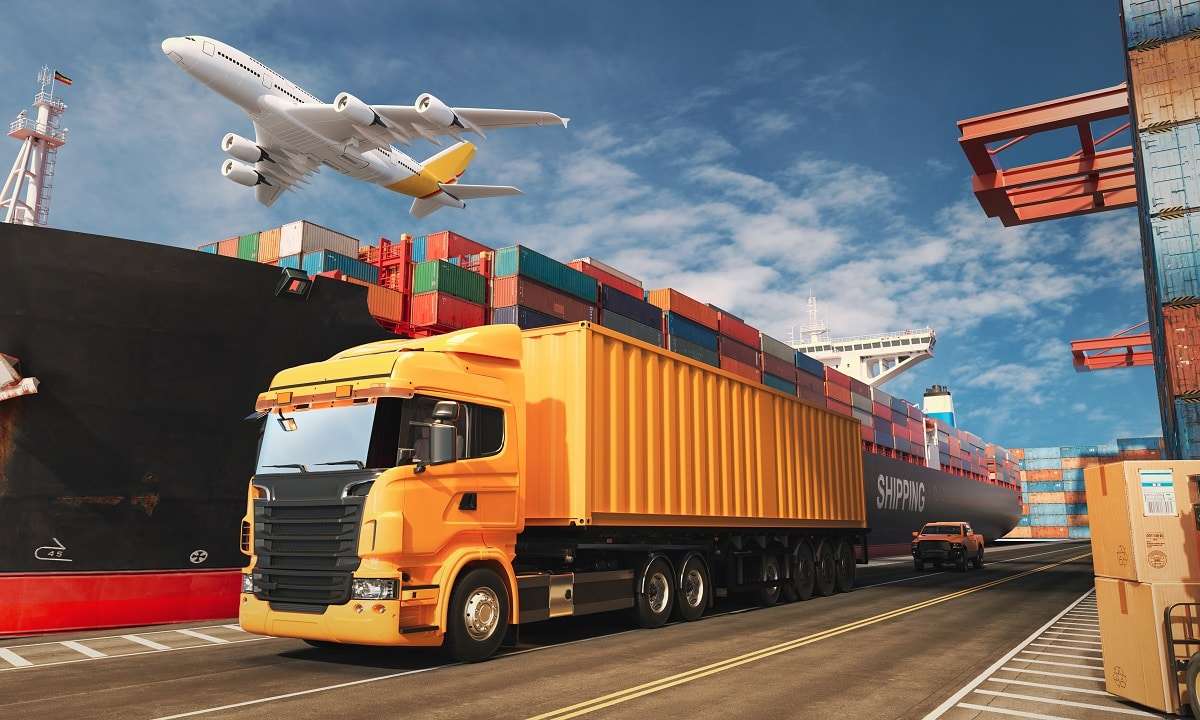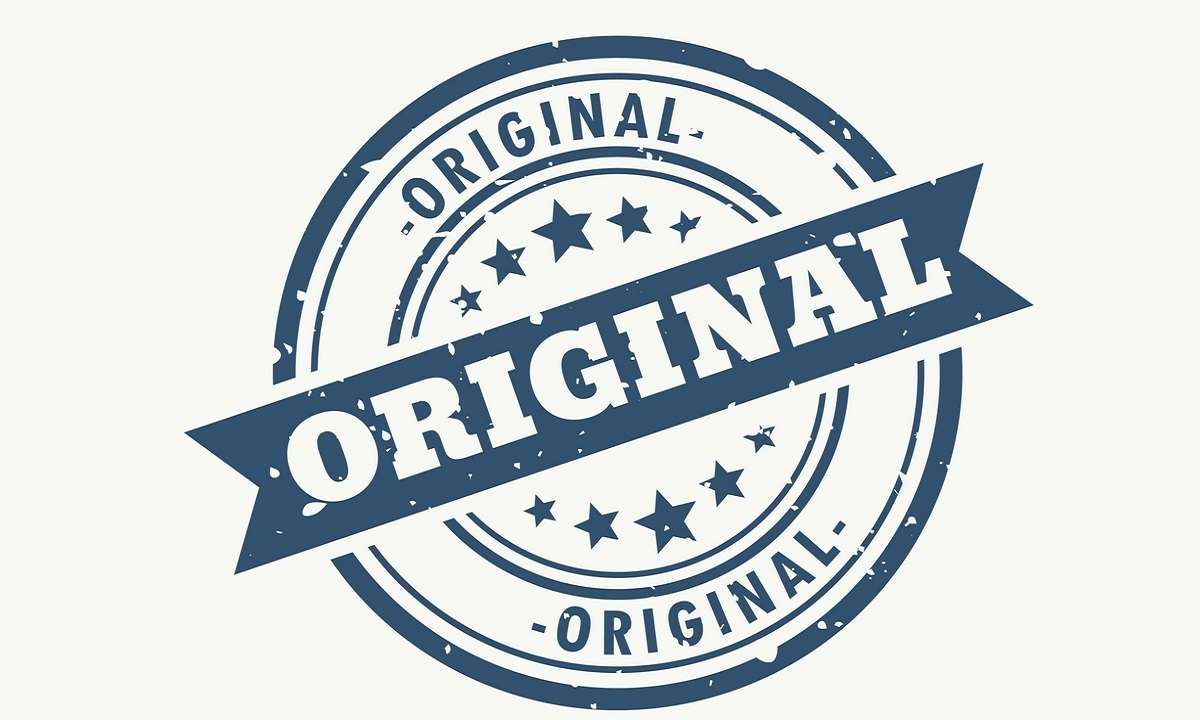Incorporation of CPTPP Agreement Relating to Origin Rules into Vietnam Laws


Incorporation of CPTPP Agreement Relating to Origin Rules into Vietnam Laws
The CPTPP Agreement took effect in Vietnam as of January 14th, 2019 including 11 founding countries including Australia, Brunei, Canada, Chile, Japan, Malaysia, Mexico, Singapore, New Zealand, Peru and Vietnam. On January 22nd, 2019, the Vietnam Ministry of Industry and Trade issued Circular No. 03/2019/TT-BCT (Circular 03) regulating rules of origin of goods in the Comprehensive and Progressive Agreement for Trans-Pacific Partnership (CPTPP) to incorporate and implement the commitments of CPTPP. These rules are important for investors whom are transitioning their factories and manufacturing sites from neighboring counties to Vietnam and set up company to obtain the certificate of origin from Vietnam. However, the understanding of regulations of the circular and relating laws requires the consultation of international trade lawyers in Vietnam for application in particular cases.
Goods are treated as an originating goods if meeting the following requirements:
-Wholly obtained or produced entirely in the territory of one or more of the Member States;
-Produced entirely from materials originating in the territory of one or more of the Member States; or
-Produced entirely in the territory of one or more of the Member States using non-originating materials provided that the goods satisfy all applicable requirements of Annex I attached to the Circular 03.
Moreover, CPTPP Agreement stipulates the origin rule for the Remanufactured Good and Sets of Goods, regulated in Article 7 and Article 20 of Circular 03 respectively.
-Regarding the Sets of Goods, the set is treated as originating if the value of all the non-originating goods in the set does not exceed 10% of the value of the set.
-Regarding the Remanufactured Good, Remanufactured Good are committed to treat as new goods at the same type. CPTPP also has very flexible rules regarding rules of origin for these Good: a recovered material derived in the territory of one or more of the Member States is treated as originating when it is used in the production of, and incorporated into, a Remanufactured Good.
Both CPTPP Agreement and Circular 03 (Article 14) also provide De Minimis regulations, which means that a goods that contains non-originating materials that do not satisfy the applicable change in tariff classification requirement for the good is nonetheless an originating good if the value of all those materials does not exceed 10% of the value of the goods.
In addition to Build-up Method and Build-down Method for calculating Regional Value Content (RVC) based on the value of originating and non-originating materials respectively, CPTPP also stipules Focused Value Method based on the value of specified non- originating materials and Net Cost Method for automotive goods only.
Relating to C/O granting, Vietnam shall use the mechanism of certification by competent authority for goods exported to other Member States. The time for implement the mechanism of self-certification of goods origin by exporters is carried out from 5 to 10 years under the guidance of the Ministry of Industry and Trade. The mechanism of Vietnamese importers self-certifying their origin is implemented after 5 years from the effective date of CPTPP. The procedures of certification and inspection of goods origin shall comply with the provisions of Decree No. 31/2018/ND-CP dated on March 8th, 2018 of the Government detailing the Law on Foreign Trade Management on goods origin and other related documents.
Lawyers at International Trade and Taxes practice of ANT Lawyers always follow the changes in law to update client for decision making process in investing and optimizing operations in Vietnam.


New Guidelines on the Time of Submission of C/O


The Essential Information on Certificate of Origin from Vietnam


How a Foreign Company Apply for Certificate of Origin in Vietnam?


What International Laws in International Trade Vietnam is a Signing Party to?
How Exemption for the Application of Trade Remedies Work in Vietnam?
How ANT Lawyers Could Help Your Business?
You could learn more about ANT Lawyers International Trade and Tax or contact our International Trade Dispute Lawyers in Vietnam for advice or service request, please contact us via email ant@antlawyers.vn or call our office at (+84) 24 730 86 529
Recent Posts
7 Powerful Reasons Why ESG Compliance in Vietnam Will Win You Trust, Growth, and Global Clients
Trust matters. Today, more than ever. Across industries, many companies are now being asked. directly…
7 Bold Reasons Why Tokenization in Vietnam Could Transform Your Future
Change is coming. Quietly. Digitally. Rapidly. Let’s imagine the situation, which assets are no longer…
Vietnam P2P Lending: 5 Bold Reasons Why Decree 94/2025 Could Empower Millions or Backfire?
A New Financial Chapter Begins in Vietnam One person lends. Another borrows. It’s that simple.…
5 Essential Lessons from Risk Management in Digital Assets in Vietnam: Protecting Trust in a Digital World
Trust Is the Real Currency Money can be lost. Tokens can vanish. Platforms can crash.…
5 Powerful Reasons Why Vietnam Digital Asset Sandbox Is a Bold and Hopeful Move for Innovation
Change is fast. Rules are slow. But innovation can’t wait. As digital assets grow, so…
4 Critical Steps to Effectively Terminate The Employment Contracts with Confidence and Compassion
To terminate the employment contracts can be a complex and often sensitive process, especially when…


